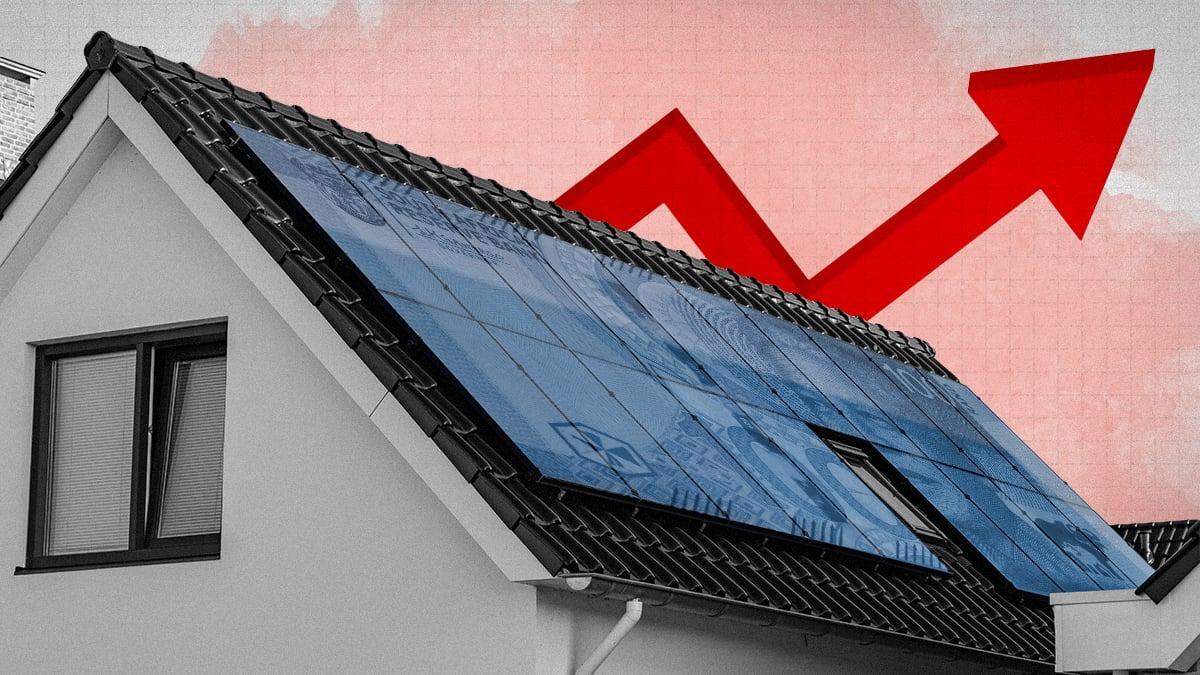Africa-Press – South-Africa. Civil rights organisation Afriforum has sent Eskom a legal notice over its mandatory registration fees for homeowners with rooftop solar in South Africa and has given the utility a week to respond.
AfriForum has sent Eskom a legal notice, demanding urgent clarity over the legal framework that allows it to enforce the registration of Small-Scale Embedded Generators (SSEG) with a capacity under 100kW.
According to AfriForum, Eskom has failed to adequately explain the legal and regulatory basis for its new requirements despite earlier correspondence requesting clarity.
Afriforum argues that if there are no specific laws, regulations, or guidelines empowering Eskom to enforce this registration, the process would be unlawful.
“In Eskom’s communication to the public, it is very clear that users with solar installations who receive power from Eskom must register before March 2026,” said Morné Mostert, Manager of Local Government Affairs at AfriForum.
“However, no reference is made to the regulations that make this registration mandatory and enforceable.”
One of the biggest concerns is the additional financial burden on homeowners. To register their systems, users must have a qualified engineer or technologist certify their installation as safe and compliant.
This professional sign-off, combined with the cost of installing smart meters, could cost consumers thousands of rands.
Mostert pointed out that while Eskom refers vaguely to regulations prescribed by the National Energy Regulator of South Africa (NERSA), it fails to specify exactly which regulations give it this authority.
“Eskom’s silence on AfriForum’s request for clarity makes one wonder whether the power utility is trying to cover up the fact that no enforceable regulations such as these exist,” added Deidré Steffens, AfriForum’s Advisor for Local Government Affairs.
AfriForum’s legal team is demanding that Eskom provide specific references to the laws, policies, or regulations that allow its registration demands and explain the legal basis for imposing penalties on those who fail to comply.
Eskom’s registration demands
This response from AfriForum comes after Eskom introduced a new residential electricity tariff structure, which requires solar users to register their systems and install smart meters at their own expense.
Eskom claims the requirements are necessary to protect the national grid and ensure safety compliance.
The costs associated with compliance have sparked an outcry. Some reports have suggested that homeowners could face bills between R30,000 and R50,000 to meet Eskom’s requirements.
However, energy expert Professor Vally Padayachee, a former executive manager at Eskom and current Chairman of the Management Committee of the NRS Association of South Africa, has questioned these figures.
Padayachee said the R30,000 estimate appears exaggerated. “R30,000, for me, seems to be an overkill,” he said, adding that the cost of engaging a professional engineer to certify a typical small solar installation should be closer to R10,000.
Padayachee explained that the type of professional needed to sign off on a solar system depends on the size of the installation.
For systems up to 12kW, a GreenCard-certified electrician is competent to do the sign-off. However, homeowners could also choose a Professional Engineer, Engineering Technologist, Certificated Engineer, or Engineering Technician for a more expensive but higher-level certification.
For larger systems between 12kW and 200kW, connected to Eskom or municipal meters, a Professional Engineer, Technologist, or Certificated Engineer must complete the approval.
Installations above 250kW require a sign-off by a Professional Engineer or Technologist registered with the Engineering Council of South Africa (ECSA).
“In that case, an electrician would not be, in our opinion, qualified enough for the safety,” Padayachee noted regarding larger systems.
Regardless, should the power utility fail to respond to AfriForum before 18 April, the organisation noted it reserves the right to take the necessary legal steps to obtain clarity.
For More News And Analysis About South-Africa Follow Africa-Press






